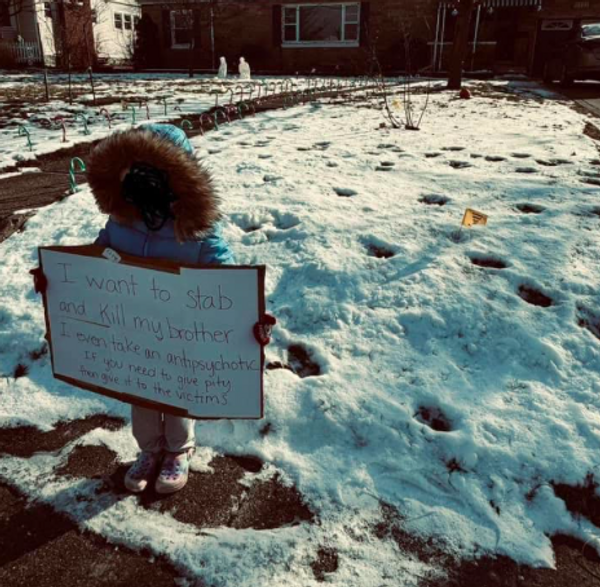
In Nigeria, the ongoing issue of kidnappings is not only a threat to security but also has a devastating impact on families and children's education. The rampant kidnappings in the country have led to the heartbreaking separation of families as loved ones are taken away from their homes.
Children are particularly vulnerable in these situations, with many being abducted or witnessing the abduction of family members. This traumatic experience not only affects their emotional well-being but also disrupts their education, as they are forced to live in fear and uncertainty.
One of the most concerning consequences of these kidnappings is the significant number of children who are kept out of school. With the constant threat of abduction looming over communities, parents are understandably hesitant to send their children to school, fearing for their safety.



This disruption to education has long-term consequences, as it deprives children of their right to learn and develop, hindering their future prospects. Education is crucial for the growth and development of individuals and societies, and the impact of these kidnappings on children's education is a serious concern.
The Nigerian government faces a daunting challenge in addressing the root causes of these kidnappings and ensuring the safety and security of its citizens. Efforts must be made to tackle the underlying issues that fuel these criminal activities and to provide support to affected families and children.
As the country grapples with this security crisis, it is essential to prioritize the protection of families and children, as they are the most vulnerable to the devastating consequences of these kidnappings. Only through concerted efforts and effective measures can Nigeria hope to address this pressing issue and safeguard the well-being of its citizens.







